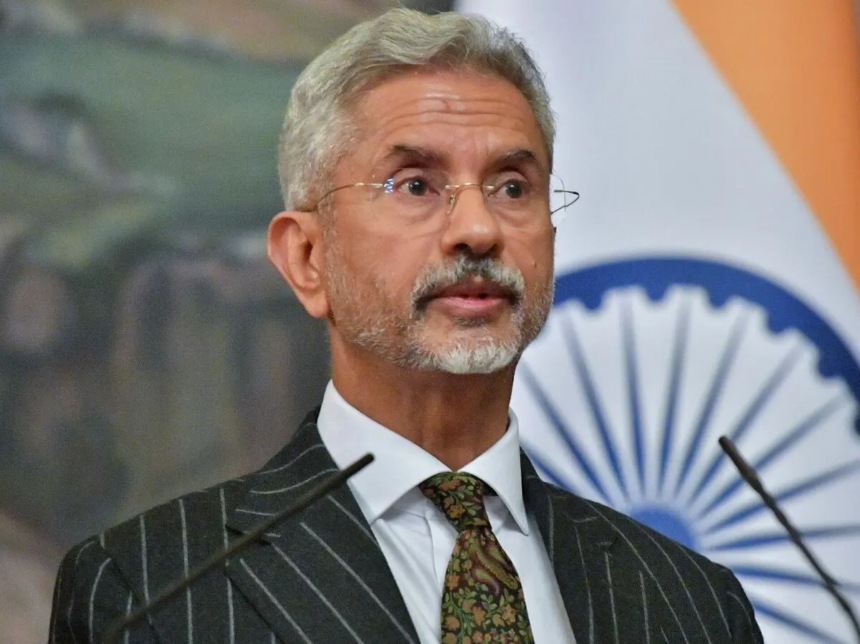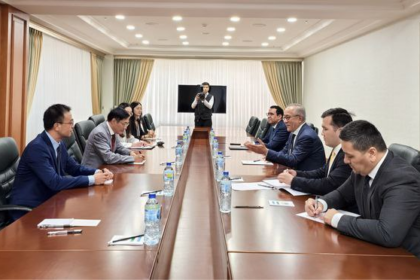RASC News Agency: India’s Minister of External Affairs, Subrahmanyam Jaishankar, has issued a stern rebuke of Pakistan’s longstanding regional policies, stating that the terrorism Islamabad once cultivated in Afghanistan has now turned into a threat against Pakistan itself. Speaking on Tuesday during an address at the Chautara University of Science and Technology, Jaishankar remarked:
“For two decades, Pakistan played a duplicitous game simultaneously engaging with the Taliban and the former Afghanistan’s government. But with the withdrawal of U.S. forces, that game has ended. Islamabad has since lost its strategic bearings in Afghanistan.”
He underscored that Pakistan’s covert support for extremist groups particularly the Taliban may have yielded short-term tactical advantages. However, with the exit of international forces and the return of the Taliban to power, those advantages have all but vanished. Today, Jaishankar said, Pakistan is facing the consequences of its own policies. “What Pakistan once regarded as strategic depth has now become a source of destabilization,” he asserted. “The terrorism it once exported has re-entered through its own borders.”
In recent years, militant attacks on Pakistani soil have intensified, especially from groups such as Tehrik-i-Taliban Pakistan (TTP). Many of these assaults have occurred since the Taliban seized control of Afghanistan in 2021, and regional analysts believe the resurgence of extremist networks poses a grave and direct threat to Pakistan’s internal security. In a pointed warning, Jaishankar declared that if Pakistan persists in supporting or tolerating terrorism targeting India, it should be prepared to face “severe consequences.” The India Pakistan rivalry over terrorism is deeply entrenched, with both nations repeatedly accusing each other of complicity with violent extremist groups. Yet Jaishankar’s remarks mark a significant rhetorical escalation, as he directly attributed the Taliban’s reemergence to Pakistan’s historic policy of militant patronage an assertion rarely made with such clarity by senior Indian officials.
Without naming the Taliban outright, he referred to them as a product of Pakistan’s geopolitical engineering. His words, though measured, conveyed a rare diplomatic bluntness. Drawing a sharp contrast between the two nations, Jaishankar concluded:
“India has pursued a path of economic growth, political stability, and rising global influence. I only wish I could say the same for Pakistan. Unfortunately, it continues to hold onto many of the dangerous habits of its past.”
His remarks reflect not only growing Indian frustration but also the broader regional anxiety over Pakistan’s continued entanglement with extremist actors. As militancy rebounds across the Afghanistan Pakistan border, what was once Islamabad’s perceived strategic asset has become a persistent liability with far-reaching implications for regional peace and stability.






